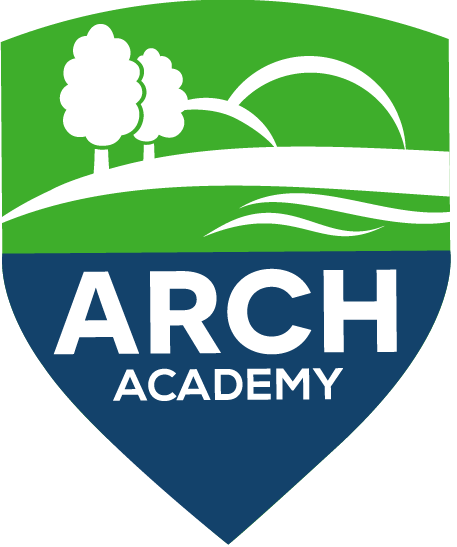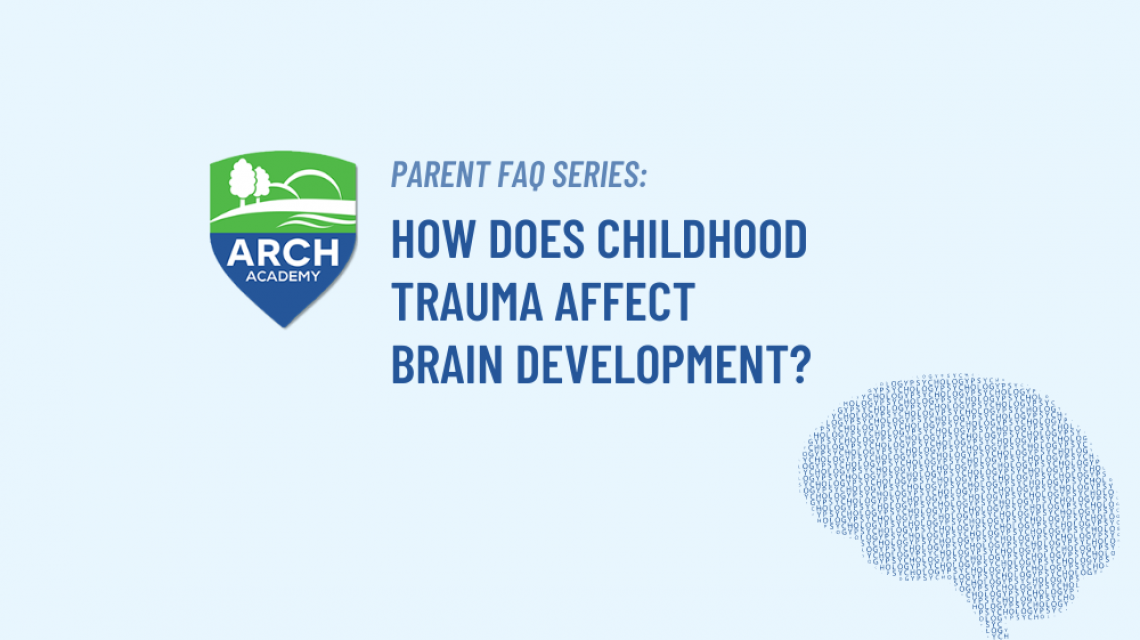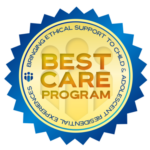Children are constantly learning and taking in new information that affects their brain function. Just as positive experiences can impact a child’s perception of a situation, so do negative ones. As young people grow, the challenges they face can alter how they respond to future situations. Specifically, childhood trauma often influences brain development, resulting in observable differences in functioning.
How the Brain Develops
Throughout childhood, the brain is constantly changing based on stimuli. During this period of time, a child’s brain has more plasticity, meaning it more easily adapts to changes and absorbs new information. This is why infants and toddlers are able to pick up languages and learn developmental skills quickly. As children learn new skills and behaviors, this creates neural pathways in their brains, making it easier for them to repeat these skills later on. Repeated exposure to situations creates automatic responses to similar stimuli.
For example, if you have a bedtime routine where you play a specific song with your infant, they will soon associate that music with sleep. This isn’t a conscious choice they make. Rather, their brain’s natural inclination to this sound calms and prepares them for bed. However, just as these neural pathways can have a positive effect, negative experiences can create an adverse response.
Trauma and Brain Development
Multiple parts of the brain are affected when a child experiences a traumatic event. Trauma can stem from a singular event or repeated experiences. Anything that alters a child’s sense of safety is considered traumatic and could potentially alter brain development and functioning. Stress, abuse and a lack of consistency affect children’s brains in multiple areas.
Hippocampus
The hippocampus regulates cortisol levels as well as learning and memory. Cortisol is your body’s natural response to stress, so an inability to bring these levels down after a stressful event can create excess anxiety and confuses the natural hormone production process. Children who have experienced trauma have difficulty regulating cortisol levels, resulting in difficulty distinguishing between real and perceived danger.
Prefrontal Cortex
The prefrontal cortex helps with behavior and emotion regulation. Severe neglect and abuse are connected to smaller prefrontal cortexes in adults and adolescents, making it more challenging for them to adequately regulate their emotions and control behavior.
Serotonin Systems
Early childhood trauma is linked to altered serotonin systems in the brain. Serotonin is part of the body’s emotion-regulation system and is often associated with mood disorders. Those with low levels of this neurotransmitter experience symptoms of depression and often require medication to help regulate their emotions.
Learned Behaviors and Responses
Children who experience trauma throughout their developmental years learn to cope by changing their responses and behaviors to different situations. For example, a child who was emotionally abused or manipulated may learn that agreeing with their abuser improves the outcome. This can carry into other areas of life and other relationships as it becomes an automatic response when they feel manipulated.
Helping Your Teen Heal From Trauma
Children who have experienced a traumatic event or series of events can turn to unhealthy coping mechanisms such as substance use. Without proper coping skills, this can quickly turn into an addiction. However, your teen is not without hope. Even those who have disrupted brain development can learn to manage their emotions in a healthy way, but this often requires professional help. Relearning how to respond to situations takes time, so it’s important to give your teen every opportunity to practice these new skills in a safe environment.
ARCH Academy can help your teenage boy process through previous trauma and develop skills to manage a substance use disorder. By focusing specifically on this age range, we provide targeted care for the young men who go through our program. We help them develop the skills necessary to become independent in the future while focusing on the needs they have in the present. At ARCH Academy, we know the importance of education, so we commit to helping each resident complete their school requirements while at our facility. The trauma your teen faced as a child doesn’t have to prevent them from living a full life. Contact us today to learn more about our trauma-focused addiction treatment facility.
References:
De Bellis, M. D., & Zisk, A. (2014). The biological effects of childhood trauma. Child and adolescent psychiatric clinics of North America, 23(2), 185–vii. https://doi.org/10.1016/j.chc.2014.01.002
McCrory, E., De Brito, S. A., & Viding, E. (2010). Research review: The neurobiology and genetics of maltreatment and adversity. Journal of Psychology and Psychiatry, 51, 1079–1095.
Shonkoff, J. P. (2012). The lifelong effects of early childhood adversity and toxic stress. Pediatrics,129 (1), 232–246.




